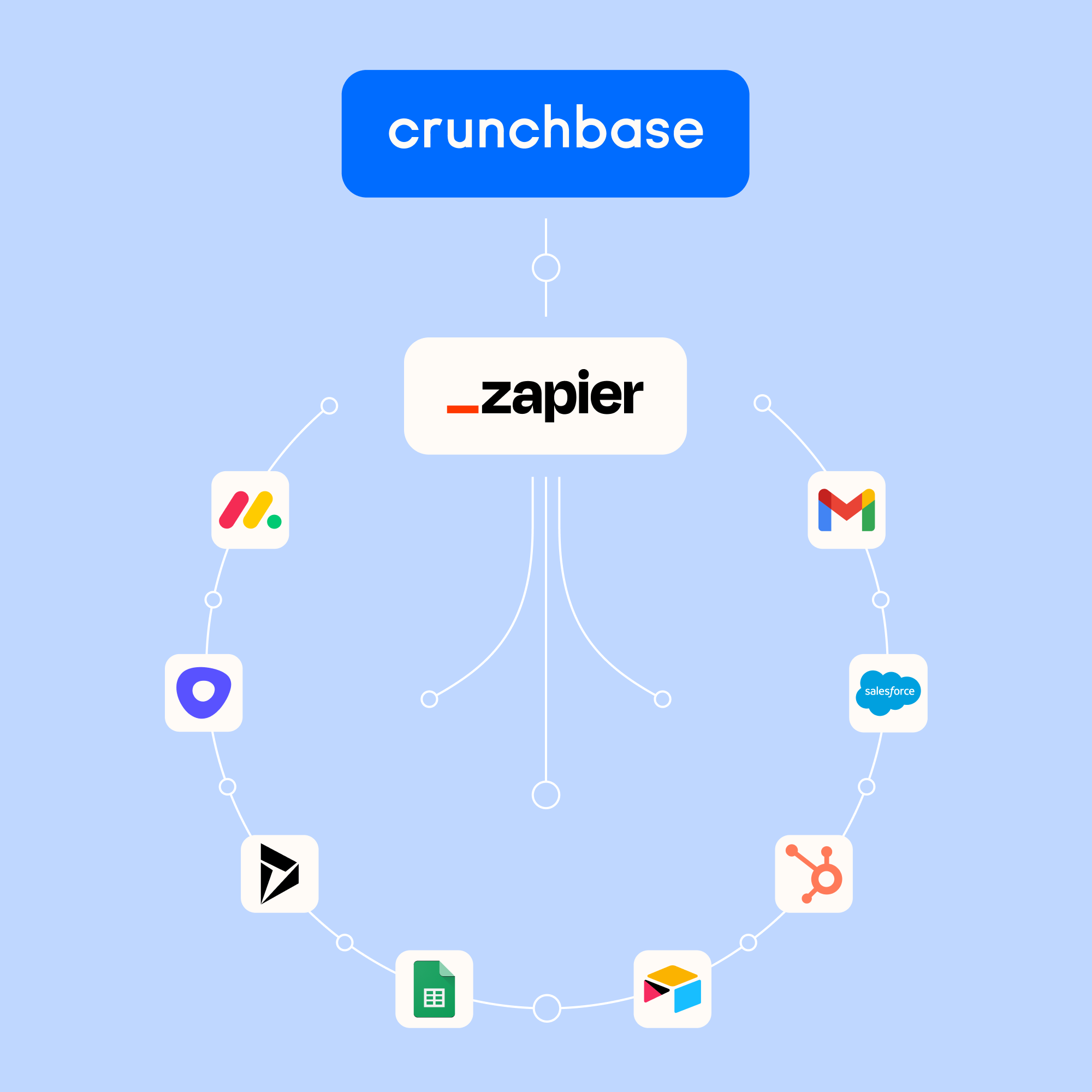Editor’s note: This is a repost of a TechCrunch article written by Jon Shieber.
Google’s $3.2 billion acquisition of Nest could herald a new wave of interest in companies sitting at the intersection of data, services, and energy for the home and for businesses – or the beginning of the end for earlier-stage competitors.
One investor with deep exposure to the cleantech industry said the buy was good for the overall market, while a technology-focused venture investor said Google’s acquisition anoints Nest the clear winner – and winner takes all.
So who should be worried (or elated)?
Some start-ups that could find themselves under the shadow of Google’s Nest include :
 Like Nest, Opower tackles energy management and was backed by Kleiner Perkins Caufield & Byers. Unlike the hardware company, Opower has raised $65.7 million in financing to develop software that it sells to utilities to monitor how much energy consumers use and provide incentives to lower consumption. Among Opower’s other investors are New Enterprise Associates and Accel Partners.
Like Nest, Opower tackles energy management and was backed by Kleiner Perkins Caufield & Byers. Unlike the hardware company, Opower has raised $65.7 million in financing to develop software that it sells to utilities to monitor how much energy consumers use and provide incentives to lower consumption. Among Opower’s other investors are New Enterprise Associates and Accel Partners.
 Another software developer for energy management is EcoFactor, which, like Nest, has the benefit of a large, publicly traded backer. While Nest had Google, EcoFactor has NRG Energy, the power company whose plants provide 47 gigawatts of generation capacity and whose retail arms serve 2 million customers in 16 states. EcoFactor raised its first capital from RockPort Capital Partners, which, along with Aster Capital and Claremont Creek Ventures, who came in to the company’s Series A round, remain investors. To date, the company has raised $27.4 million.
Another software developer for energy management is EcoFactor, which, like Nest, has the benefit of a large, publicly traded backer. While Nest had Google, EcoFactor has NRG Energy, the power company whose plants provide 47 gigawatts of generation capacity and whose retail arms serve 2 million customers in 16 states. EcoFactor raised its first capital from RockPort Capital Partners, which, along with Aster Capital and Claremont Creek Ventures, who came in to the company’s Series A round, remain investors. To date, the company has raised $27.4 million.
 With $111 million in the bank, Tendril may be the best financed of all of the potential competitors for Nest’s nest in the consumer home. Like its other peers, Tendril sells utilities a software package for consumers to set efficiency goals and for utilities to improve customer service operations. The company’s business was persuasive enough to attract Good Energies, RRE Ventures, Siemens Venture Capital, VantagePoint Capital Partners, and Vista Ventures.
With $111 million in the bank, Tendril may be the best financed of all of the potential competitors for Nest’s nest in the consumer home. Like its other peers, Tendril sells utilities a software package for consumers to set efficiency goals and for utilities to improve customer service operations. The company’s business was persuasive enough to attract Good Energies, RRE Ventures, Siemens Venture Capital, VantagePoint Capital Partners, and Vista Ventures.
 A subsidiary of the private equity-baked Alarm.com, EnergyHub is one piece of Alarm.com’s play that could knock out Nest. It’s products also include video monitors, garage door controls, connection to security alarms, as well as EnergyHub’s energy management software. Technology Crossover Ventures invested in the $136 million financing, which closed July 2012.
A subsidiary of the private equity-baked Alarm.com, EnergyHub is one piece of Alarm.com’s play that could knock out Nest. It’s products also include video monitors, garage door controls, connection to security alarms, as well as EnergyHub’s energy management software. Technology Crossover Ventures invested in the $136 million financing, which closed July 2012.
 The $7.2 million-backed Canadian smart thermostat developer Energate raised its cash from local investors The Ontario Capital Growth and Cycle Capital in 2010. From its base in Ottawa, Canada the manufacturer of thermostats, energy displays, load switches, and peripherals has expanded with sales offices in California and Texas, according to information on CrunchBase.
The $7.2 million-backed Canadian smart thermostat developer Energate raised its cash from local investors The Ontario Capital Growth and Cycle Capital in 2010. From its base in Ottawa, Canada the manufacturer of thermostats, energy displays, load switches, and peripherals has expanded with sales offices in California and Texas, according to information on CrunchBase.
 If Google were to decide to move its Nest across the pond, it might set off alarm bells for the UK-based energy management company, AlertMe. Another horse in the Good Energies stable of energy efficiency-focused companies, AlertMe also counts the utility British Gas among its investors and strategic partners.
If Google were to decide to move its Nest across the pond, it might set off alarm bells for the UK-based energy management company, AlertMe. Another horse in the Good Energies stable of energy efficiency-focused companies, AlertMe also counts the utility British Gas among its investors and strategic partners.
It’s not just startups that have something to fear from a bigger Nest.
Two years ago the building systems management and industrial manufacturing giant, Honeywell International, slapped Nest with a patent infringement lawsuit. Building automation is an industry that multi-billion dollar companies like Honeywell, Johnson Controls, and Schneider Electric consider extremely important – according to a study by Transparency Market Research it could be up to $16.4 billion by 2019, up from $3.6 billion in 2012.
The Google acquisition of Nest means that these giants also could face a new, infinitely deep-pocketed source of competition.
Image via Nest







